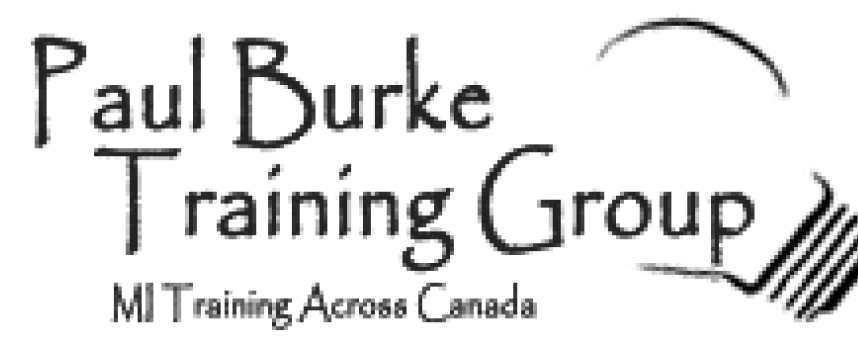Motivational Interviwing Training. MITI 3.0 Coding Workshop
What’s New For MI-3? (Based On 3rd Edition Of Miller/Rollnick Text)

MI-1 (1991). MI-2 (2002). MI-3 (2013). Where are we now?
Motivational Interviewing is not a static approach to helping people develop and strengthen commitment for change. Instead, M.I. learns, grows, evolves, and “morphs” in reponse to ongoing research into what works, and what doesn’t, in terms of helping people to pursue specified changes. Since the first edition of the primary M.I. text was published in 1991, two other editions have followed (MI-2 was published in 2002 and the newest edition is now available from Guilford Press (2013). The authors have once again updated the work in order to aid helping professionals to “tweak” their competency with the approach. The 2013 edition is based on best available new evidence and on the experience of thousands of practitioners over the past 10 years. Miller and Rollnick use such evidence to inform their recommendations for changed practice. The new revisions to MI are important, and serve as logical and practical extensions to what they have outlined in the last 30 years of publishing in this area.
Our “What’s New” Workshop Supplies A 1-Day Overview Of The Important Changes Thathave Evolved In Our Understanding Of How The MI Interviewing Style Facilitates Enhanced Motivation And Accelerated Change. We Begin By Reviewing How Various Key MI Skills Can Be Adapted And Employed Differently, Depending On Which “Process” The Interview Is Accomplishing, Or Serving, At The Time Of Intervention. Then, We Look At The Revised “Spirit” Dimension Of Practice As Outlined By The “PACE” Acronym (See Graphic Above). Considerable Emphasis Is Placed On The Role Of Compassion In The Helping Process, And How That Competency Shows Up In An MI Conversation.
We also include extensive coverage of the concept of “Equipoise” (counselling with neutrality, or without a specific target behaviour). Clearly, there are many situations for which “guiding” a client toward enhanced motivation for a specified change in behaviour is not possible, or even ethical. In such situations, learning to practice solid MI skills without the usual emphasis on guiding is an important competency. This 1-day workshop can be tagged onto the front-end of our “Aerobics” (advanced skills) workshop and is also offered as a stand-alone seminar.

Where Do We Offer Training In Canada?
Alberta, AB, Saskatchewan, SK, Manitoba, MB, Ontario, ON, New Brunswick, NB, Nova Scotia, NS, Newfoundland, NL, Prince Edward Island, PE, British Columbia, BC, Yukon, YK, Northwest Territories, NT, Nunavut, NU.
